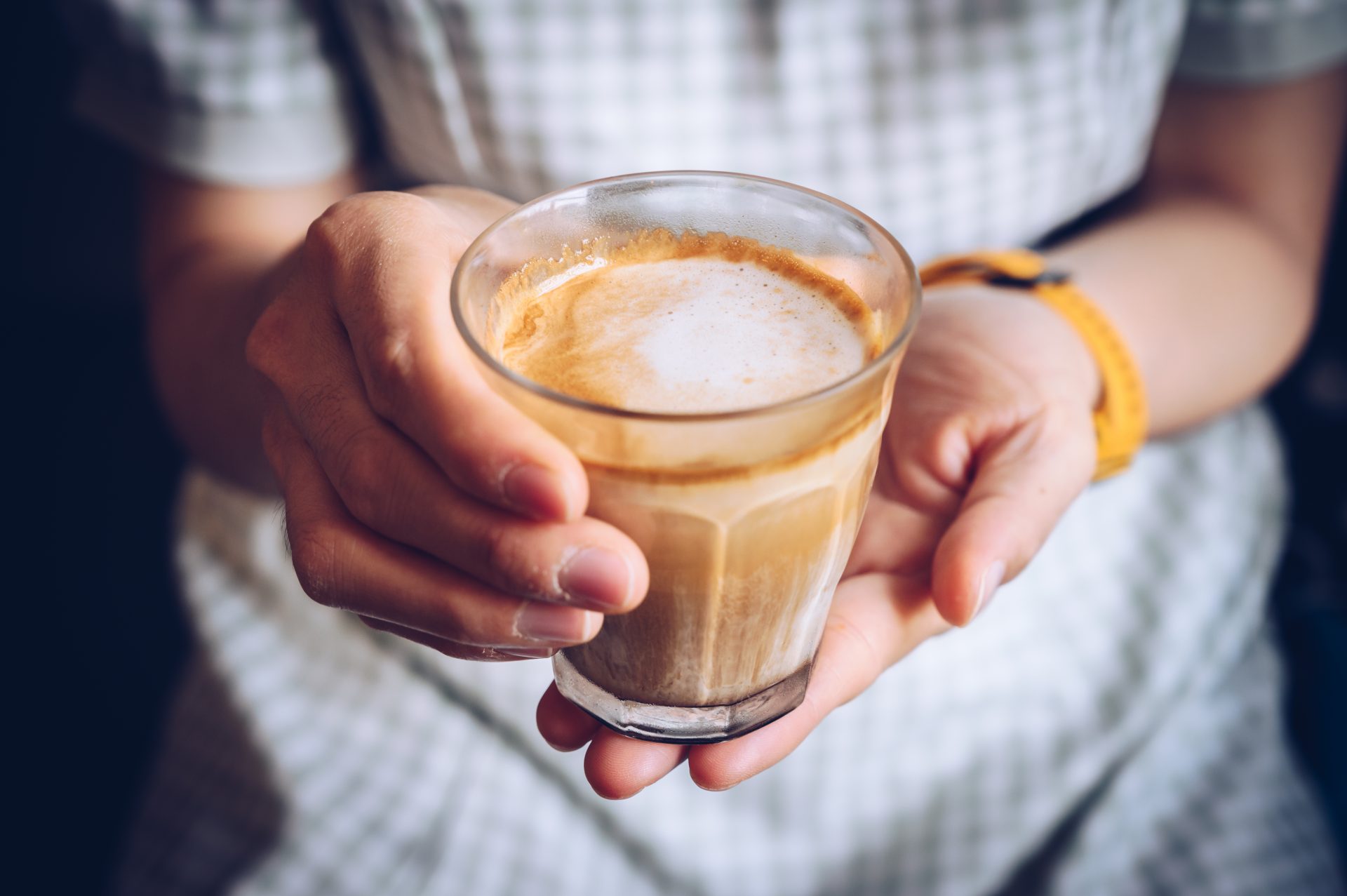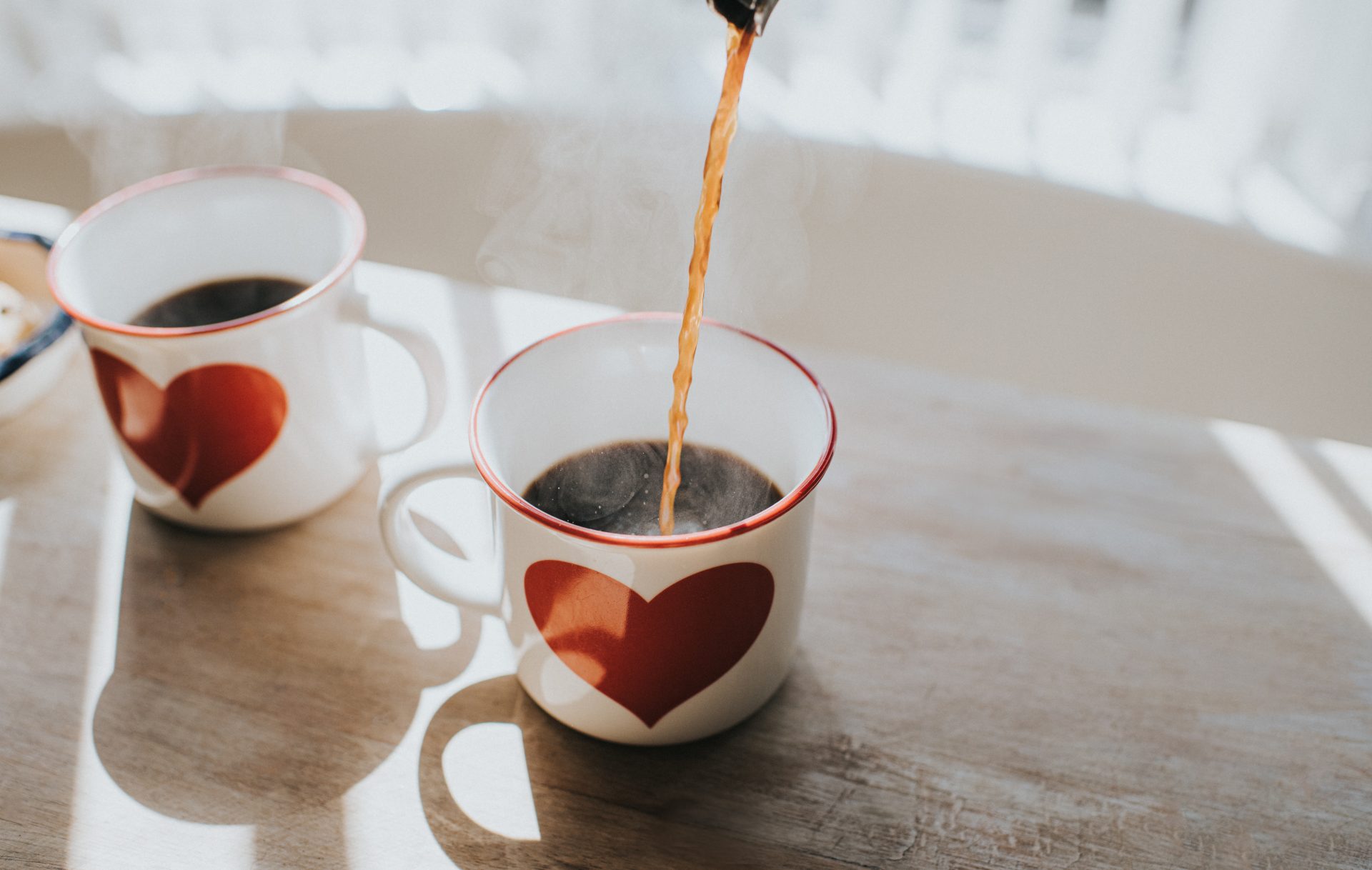For many, coffee is the go-to cure for sluggishness. But what happens when caffeine has the opposite effect?
My relationship with caffeine has been a bit of a rollercoaster.
After years of bingeing on the stuff as a teen, I arrived at university armed with coffee granules, ready to take on my first week of lectures and freshers’ flu. Except, this time, something was different. Instead of a familiar, coffee-fuelled buzz, I felt very, very sleepy. Even worse, the more coffee I drank, the sleepier I got. The only thing for it? To quit caffeine for good.
You may also like
Caffeine sensitivity: 8 signs your body could be sensitive to coffee or tea
Years later, and now a cup of tea is enough to send me to bed, while a tiny bit of caffeine (we’re taking half a can of Diet Coke) will have me bouncing off the walls.
For those in a committed relationship with their morning tea or coffee, my reaction to caffeine might sound odd. But look to TikTok and Twitter, and it turns out I’m not alone. There’s even a ‘make a high-caffeine drink with me before bed’ TikTok trend.
So why is it that some of us are experiencing such extreme reactions to coffee? There could be a few different things going on.
Caffeine blocks feelings of tiredness
First up, we have to understand how caffeine affects our brain. As Salma Dawood, head of product at Nu:tropic, explains, the reason that caffeine helps (some of) us feel awake is that “caffeine blocks the brain’s receptors to adenosine – which works like a neurotransmitter carrying signals around the brain. The message could be: ‘You are very sleepy,’ but while the caffeine is blocking this, you won’t feel it.”
The crash is what comes after the caffeine wears off. “There could be a build-up of adenosine that floods your receptors, making you feel tired”, says Dawood.

But what about those who don’t even get the high to begin with? It’s all about addiction, says Chris Allsobrook, nutritionist at OriGym. “With any chemical we put into our body, we gradually build up a tolerance to its effects, and caffeine is no different. As we ingest more caffeine, our bodies become more accustomed to that state, and we require more of it to help stave off sleepiness.”
Genetics play a part too
Genetics have a lot to do with how our bodies act, and our reaction to caffeine is no different. Studies show that the rate at which we metabolise caffeine varies on many factors, such as race and age. “Our genetic make-up is one of the main reasons why individuals react differently to caffeine,” says Dr JW Langer, physician and caffeine researcher.
You may also like
Coffee alternatives: trying to cut down on coffee? Try these healthy energy-boosting alternatives
Those that metabolise caffeine more slowly can experience its effects for hours, while those that metabolise it more quickly are often thought to experience less intense effects. But for fast-metabolisers, the opposite is true, meaning they simply experience a caffeine crash more quickly.
Some studies have found that excessive coffee drinking can speed up our metabolism of coffee. So that, combined with an increased tolerance to caffeine’s adenosine-blocking effects, might explain why my years-long caffeine binge led to such an intense crash.
Caffeine and ADHD
As our understanding of ADHD in women grows, more and more women are noticing a link between ADHD symptoms and caffeine-induced tiredness.
“Neurological conditions (such as ADHD) could also play a role, especially if it’s undiagnosed, as it’s estimated many cases are,” says Allsobrook. “In those with ADHD, studies point towards an increase in levels of concentration and focus, which can lead to the brain becoming more relaxed as the symptoms of ADHD are overtaken by a more calm state of mind.”

“While this has been posited many times, though, it’s still embryonic research,” says Allsobrook. “The effects of caffeine on ADHD still need to be thoroughly investigated to draw more firm conclusions.”
Caffeine dehydrates you
Finally, have you ever noticed that caffeine makes you feel dehydrated and makes you need the loo? That’s because caffeine is a proven dehydrator and a diuretic, meaning it helps get rid of the body’s water content.
This is an instant ticket to sleepiness. As Steph Norman, founder of Norlo Coffee, explains: “As the body loses water, the body’s blood volume decreases, which results in less overall oxygen being distributed around the body. Less oxygen now equals more exhaustion and feelings of tiredness and fatigue.”
Caffeine is also a vasoconstrictor, says Steph: “It makes blood vessels smaller and slows blood flow, further amplifying the blood flow issues resulting from the diuretic properties of caffeine which, again, makes us feel more tired.”
You may also like
Do tea and coffee count towards your water intake?
As we feel more tired, we consume more coffee, and so the cycle continues.
The upshot?
It’s our reliance on caffeine that lies at the root of most of these issues. Fortunately, there’s a way out. “Adjusting a habit like caffeine consumption should be done over time, in a bid to avoid those dreaded crashes we’ve all experienced,” says Allsobrook. Switching to natural low-caffeine alternatives is a great shout. And finally, you’ve heard it all before: stay hydrated.
Images: Getty
Source: Read Full Article
